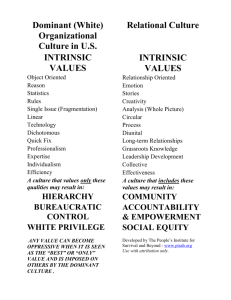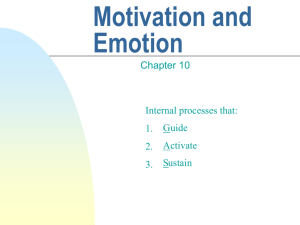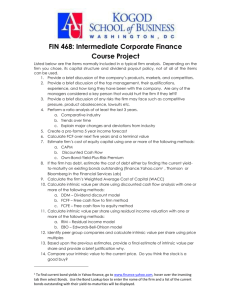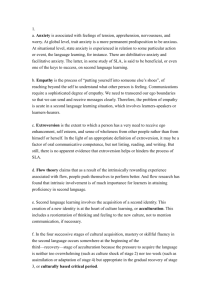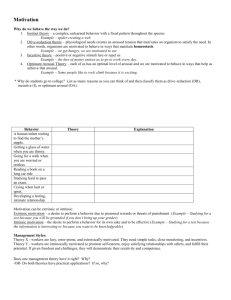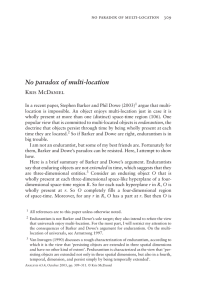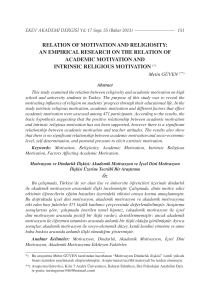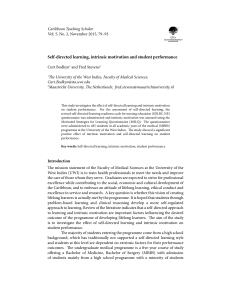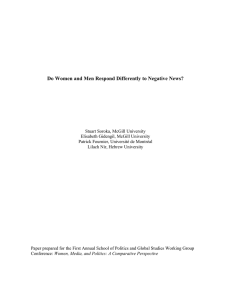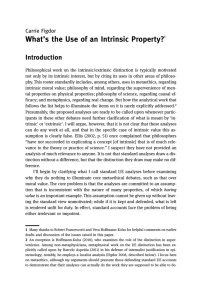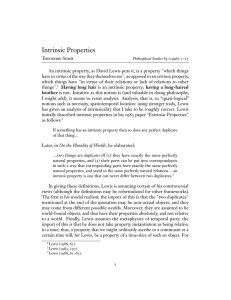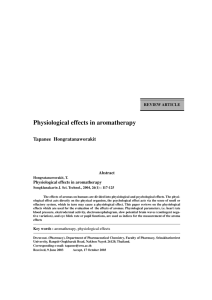What Students Can Do About Motivation
advertisement
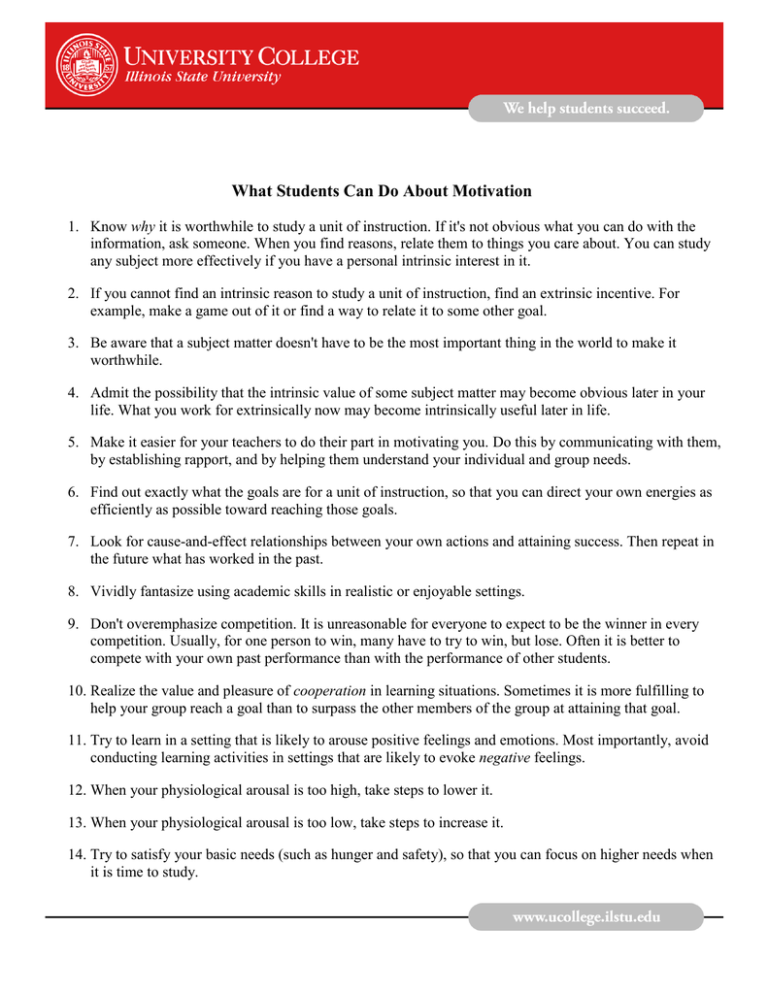
What Students Can Do About Motivation 1. Know why it is worthwhile to study a unit of instruction. If it's not obvious what you can do with the information, ask someone. When you find reasons, relate them to things you care about. You can study any subject more effectively if you have a personal intrinsic interest in it. 2. If you cannot find an intrinsic reason to study a unit of instruction, find an extrinsic incentive. For example, make a game out of it or find a way to relate it to some other goal. 3. Be aware that a subject matter doesn't have to be the most important thing in the world to make it worthwhile. 4. Admit the possibility that the intrinsic value of some subject matter may become obvious later in your life. What you work for extrinsically now may become intrinsically useful later in life. 5. Make it easier for your teachers to do their part in motivating you. Do this by communicating with them, by establishing rapport, and by helping them understand your individual and group needs. 6. Find out exactly what the goals are for a unit of instruction, so that you can direct your own energies as efficiently as possible toward reaching those goals. 7. Look for cause-and-effect relationships between your own actions and attaining success. Then repeat in the future what has worked in the past. 8. Vividly fantasize using academic skills in realistic or enjoyable settings. 9. Don't overemphasize competition. It is unreasonable for everyone to expect to be the winner in every competition. Usually, for one person to win, many have to try to win, but lose. Often it is better to compete with your own past performance than with the performance of other students. 10. Realize the value and pleasure of cooperation in learning situations. Sometimes it is more fulfilling to help your group reach a goal than to surpass the other members of the group at attaining that goal. 11. Try to learn in a setting that is likely to arouse positive feelings and emotions. Most importantly, avoid conducting learning activities in settings that are likely to evoke negative feelings. 12. When your physiological arousal is too high, take steps to lower it. 13. When your physiological arousal is too low, take steps to increase it. 14. Try to satisfy your basic needs (such as hunger and safety), so that you can focus on higher needs when it is time to study. 15. Focus primarily on how your effort pays off at academic activities. Resist attributing your success or failure either to your basic ability (or lack of it) or to luck. 16. Define effort properly. Effort refers to the productive use of time. Putting in more hours does not necessarily reflect greater effort. Sometimes you may need to learn useful techniques that enable you to make the proper effort for a task. 17. Focus as much as possible on achieving success, as opposed to avoiding failure. 18. Have realistic, positive expectations for yourself. 19. Be aware of the possibility that teachers may have negative stereotypes about you or people like you, and avoid letting these influence your own expectations or goals. Source: http://education.calumet.purdue.edu/vockell/edPsybook/Edpsy5/Edpsy5_students.htm
